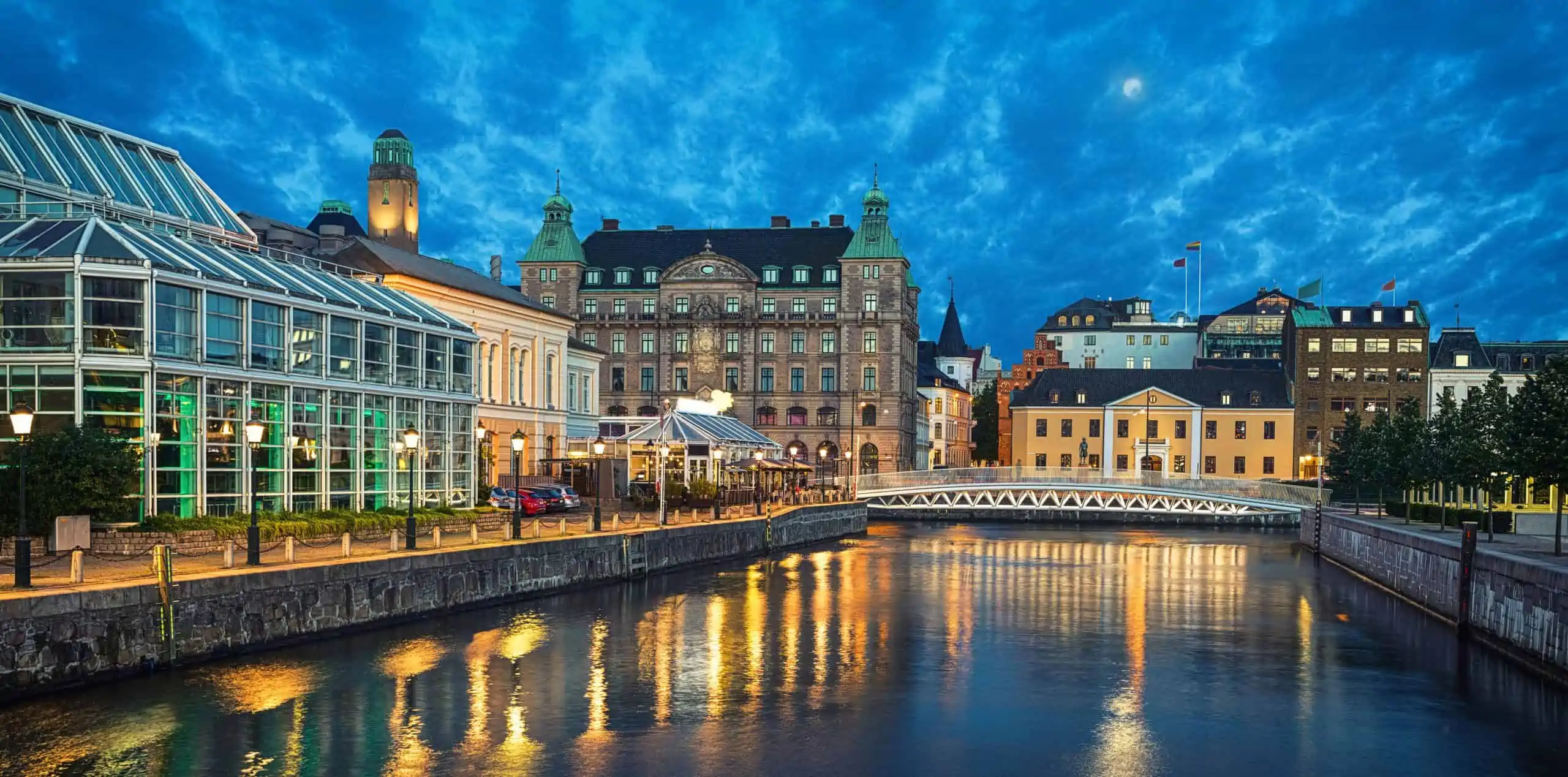I have consistently held the ‘worthy of consideration’ (not everyone transition to them now, infrastructure notwithstanding) position on HEV/FCEVs, noting that BEV/PHEVs aren’t the ‘end-of-EVolution’ that you and others make them to be. Your static BEV/PHEV is and always will be the pinnacle of personal vehicle development is inconsistent. ICEVs are dodos, the future market has spoken today on HEV/FCEVs and they’re already in decline. Your position is clear, BEV/PHEVs are the bomb. Got it.
My position is that the market has decided on EVs. 15 years ago, you could have said it would go either way. Once Tesla started building the Supercharger network it's when it became game over. Like I keep saying on this thread, the Canadian perspective is lagging. Go to Europe and you will see several competing chains of Supercharger networks. It's like having Shell, Petro-Canada, Esso, etc. What you will also see are that the most popular places to charge are grocery stores. You can get enough charge to commute for a week, in the half hour it takes to do groceries. It's all this development and correspondingly little development on the hydrogen side that has ended H2's chances as a personal transport fuel.
If anybody can show me a single place in the world where hydrogen fuelling investment is outpacing EV charging investment, I'll change my tune. So far, nobody has been able to show me that.
Out of interest, are you an all-EV family?
We're a one car family in a condo. That makes an EV impractical for us at the moment. I would like R3 when we get posted and have a driveway though....
That said, one more sale to me won't make nearly as much of a difference as one more Mirai sold by Toyota to you, given that total hydrogen vehicle sales are a 4 digit number. Like I said above (with links), the world buys more 100x more dildos than hydrogen cars every year.
Apply all the tax rates in the cost of gas to any electricity used by an EV charger. I think the "cost savings" gap would close significantly.
Given that most people charge at home, you're going to have a tough time figuring out what people are using the power for. Fast chargers are already pretty expensive, so people don't use them unless they really have to.
Also, good luck figuring out how to convert excise figures based on litres of fuel to kilowatt-hours of electricity. What are you going to base your conversion on? How many joules are in a litre of gas? If you are using that, than 1L of gasoline is about 8-9 kWh. If you look at 25 cents excise tax (combined federal and provincial) that works out to about 3 cents per kWh. It's not going to move the needle much on somebody paying an extra $2 on the fraction of charges that are away from home.
I am not opposed to EV, but the option of even being able to plug in even a 110v line at night is not there for many people. I personally think Hybrids achieve 80% of the solution without the major infrastructure requirements. I am opposed to any more subsidize for EV and expect that owners pay a road tax that goes to road upkeep like everyone else does.
As detailed above, I am one of those people and I still don't get the opposition. Infrastructure catches up. When you go to other places you see it. Hybrids are great for now. But if you've ever owned one (and I do), you'll quickly see the downsides too. You don't have the cheap fuel, convenience of home charging, etc. And maintenance goes up because you have two powertrains to maintain. Having had this experience, personally, I'd rather go EV or pure gas next. No in-between. Also, so many EVs come with turbos (and all the problems those entail, along with premium fuel) and DSGs (that make driving a pain).
The subsidies are going away. At least on the consumer side. But let's be clear. A lot of them weren't there to help EVs so much as they were there to help the auto industry transition before they get crushed by Chinese EVs. A problem for legacy auto is that they can only protect their home markets. And that's not where the growth is. So in the long run, they are absolutely screwed if they don't transition. And
so many of them are so indebted (go look at their balance sheets) and so reliant on the Chinese market to be net profitable, that they'll be out of business if they can't compete there at all. That's the financial shape most of them are in.
So if we're talking about eliminating subsidies and protecting our auto sector, let's understand what that means. That means the rest of the world gets absolutely dominated by Chinese EVs as their products keep improving, while our auto sector starts looking like the auto market in Communist countries during the Cold War. They had cars. They were all a decade behind technologically. And even that is no guarantee. Absolutely nothing stopping a Chinese company from licensing a lot of their IP and sharing their trade secrets with some startup and letting them wreck legacy automakers. What then? Have people run around like Luddites smashing mechanized looms?
As for road tax? Go for it. I don't think most EV owners are opposed to a road tax. But again, what are you going to base it on? Fuel consumption? Vehicle size? Vehicle weight? Personally, as a car guy I hate the epidemic of SUVs and pickups. I would love to see registration fees scaled to vehicle size to realistically reflect how much space is taken up on the road. But I'm going to guess that's not what you have in mind.







